Water collected from 44 localities in Shillong has been tested ‘unsafe’ for consumption as per Food Safety and Standards Authority of India (FSSAI) standards.
This was revealed in a report of the State Food Testing Laboratory Commissionerate of Food Safety, Pasteur Hills, Shillong submitted by the Federation of Khasi Jaintia and Garo People (FKJGP) to the Chief Minister Conrad K Sangma on Tuesday for his immediate intervention and necessary action.
According to the FKJGP, a government which cannot provide safe drinking water to its citizens is not fit to govern the state.
The water samples were collected on random sampling from 46 different localities across Shillong city by members of the FKJGP on August 22, following numerous complaints received on the quality of drinking water.
All samples collected were brought to the State Food Testing Laboratory, Commissionerate of Food Safety located at Pasteur Hills, Shillong for quality testing and complete analysis respectively.
“The Report of water samples received from the State Food Testing Laboratory, Commissionerate of Food Safety, Pasteur Hills, Shillong depicts that out of the 46 (forty-six) different localities tested, 44 (forty-four) localities show presence of Coliform and E. coli organisms with low pH value, high turbidity, and iron content above the prescribed limit; which clearly indicates that the water collected and tested in these 44 (forty-four) localities is an unsafe water as per FSSAI standards. Hence, continuous consumption of such water can be detrimental to human health,” FKJGP president Dundee C Khongsit said in the letter to the CM.
He said that detection of low pH value in these water samples collected and tested indicates that the water is acidic in nature.
As per FSSAI standards, the normal pH value of drinking water ranges from 6.5 to 8.5 respectively. Below 6.5, the water is said to be acidic in nature.
Khongsit said as per research; when acidic water passes through water pipes, it can corrode and damage them. If the pH of the water is extremely low, it can even start to dissolve the copper from the metal pipes. If copper enters our drinking water, it can lead to kidney and/or liver damage.
“It is true, drinking water that contains iron can be beneficial to your health. However, excessive iron in drinking water may have negative effects. Presence of high iron content in these water leads to an overload which can cause diabetes, hemochromatosis, stomach problems, nausea and damage healthy skin cells which may result in early onset of wrinkles. Besides, high iron content damages the liver, pancreas, and heart,” he said.
He added, “Similarly; high turbidity in drinking water can harbour microbial pathogens, which can be attached to particles and impair disinfection. Presence of faecal coliforms in water indicates that faecal contamination of the water by a warm blooded animal has occurred and this may cause several intestinal diseases in humans. Pathogens like E coli can cause several diseases like Diarrhea, hemorrhagic colitis, hemolytic uremic syndrome, respiratory illness, pneumonia, and other illnesses.
However, E. coli can also cause illnesses such as meningitis, septicemia, urinary tract, and intestinal infections which may be fatal in small children and the elderly and may even result in high mortality rate.”
Meanwhile, the FKJGP has urged the chief minister to immediately take steps to address the issue.
“Therefore, we urge the government to kindly address this public concern at the earliest and take necessary steps to rectify the issue to ensure safe and clean drinking water to our people,” Khongsit said while requesting both the Municipal Board and Public Health Engineering department and localities to work together for the safety of the citizens.
When asked, the FKJGP president said, “If the government cannot provide proper drinking water to our people I think it is not fit to govern the state.” He said that the chief minister had appreciated the step taken by the organization to get water samples tested in the health interest of the people.
Stating that NGOs are like watchdogs, Khongsit said, “If the government is not doing anything, we have to step in. Actually this is the duty of the concerned department to look into all these things but due to their failure, the organization has no option but to step in and take up the issue.”
According to him, the FKJGP will further highlight the importance of safe drinking water in its upcoming meetings to be held in the different parts of the state.














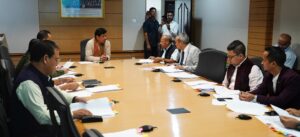
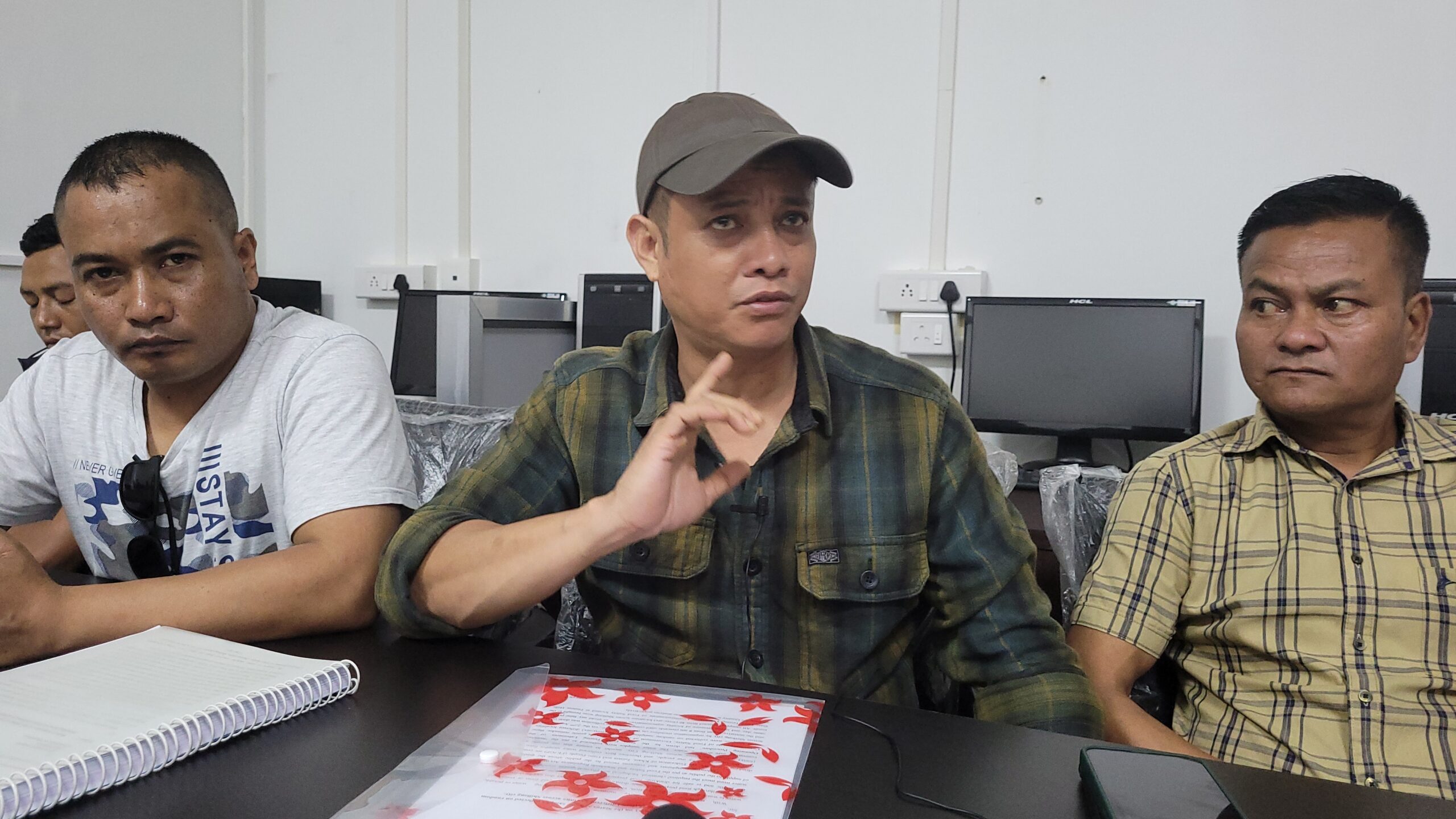
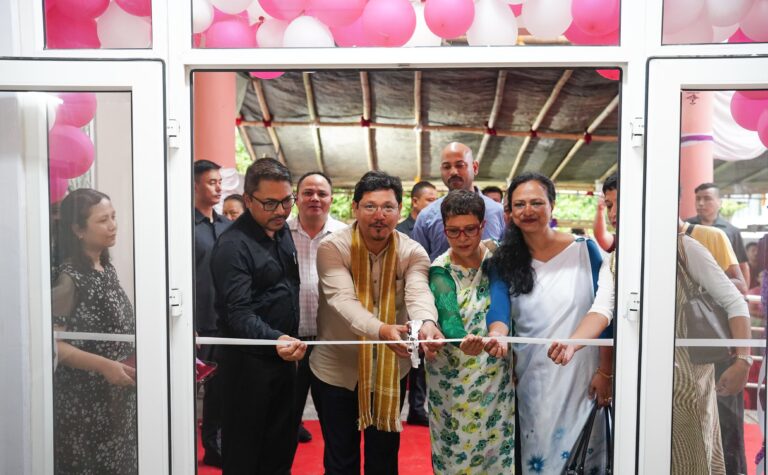
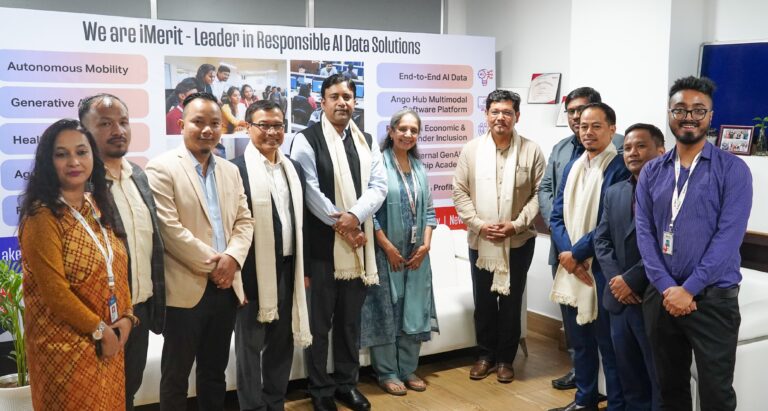
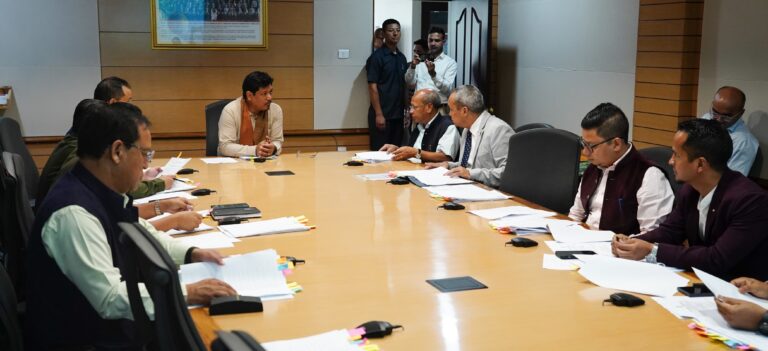



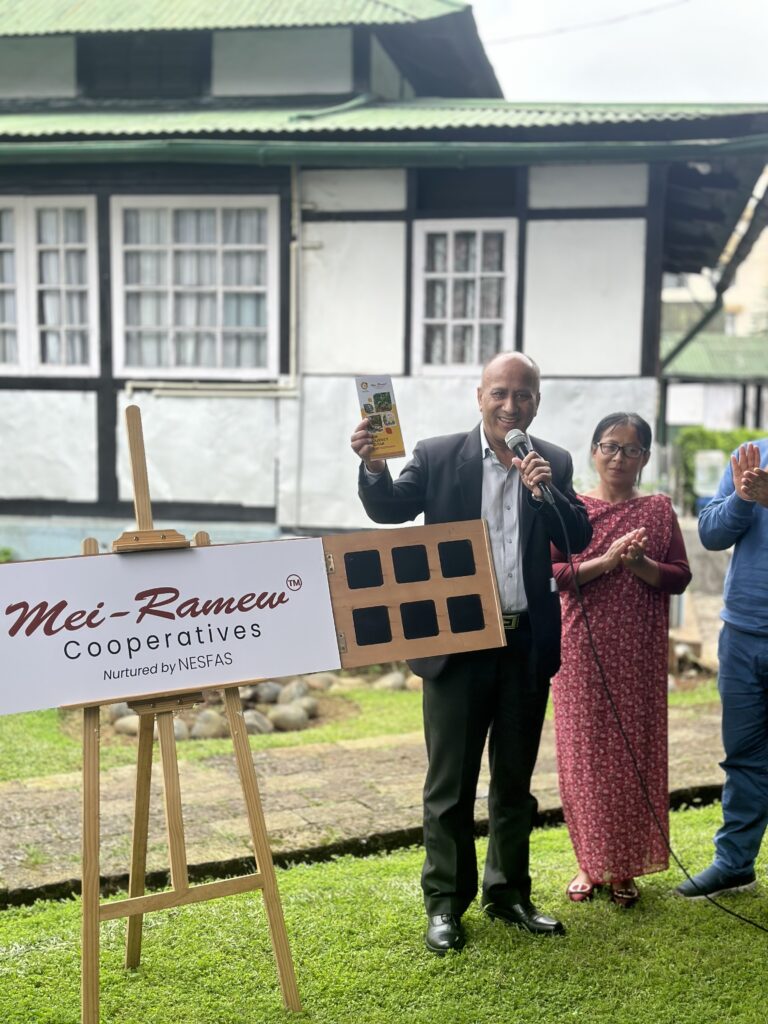
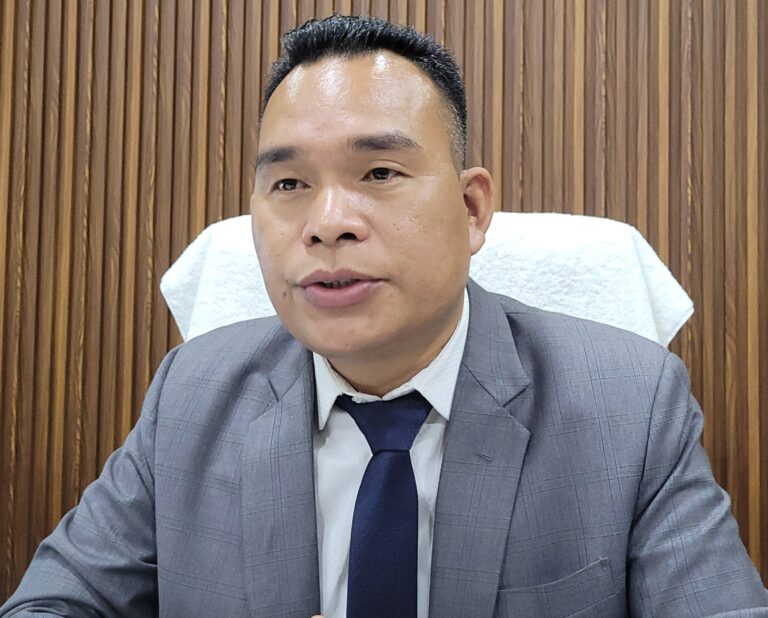



+ There are no comments
Add yours